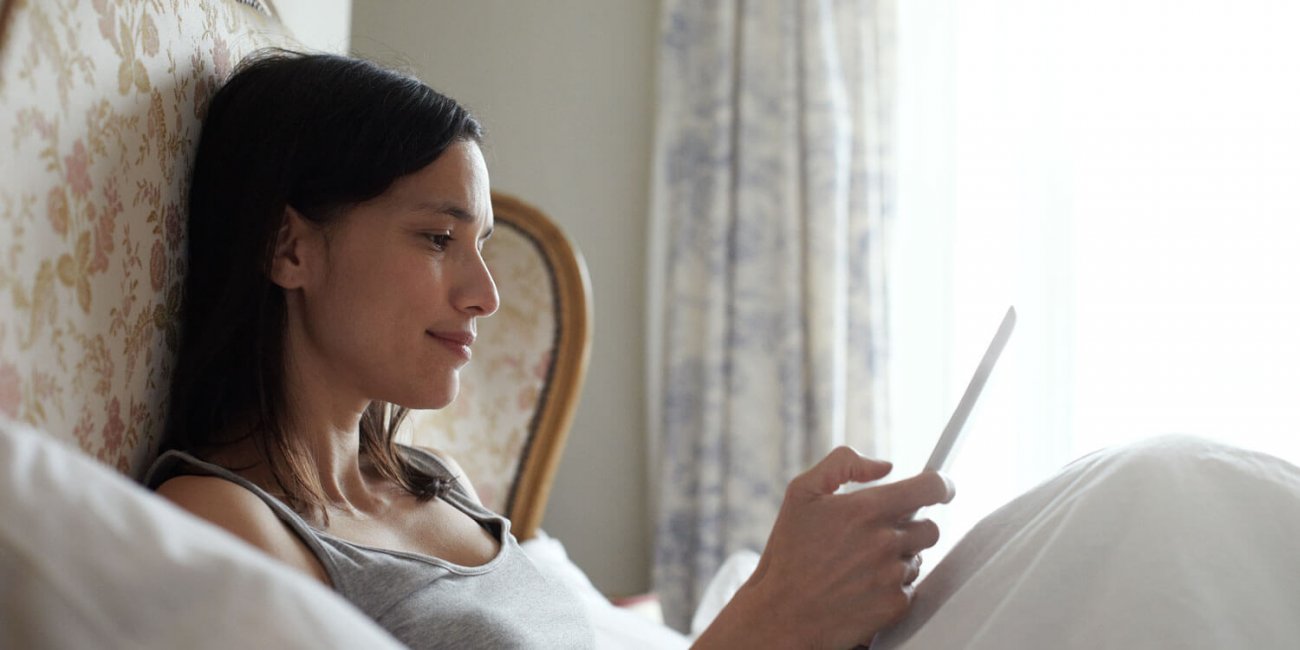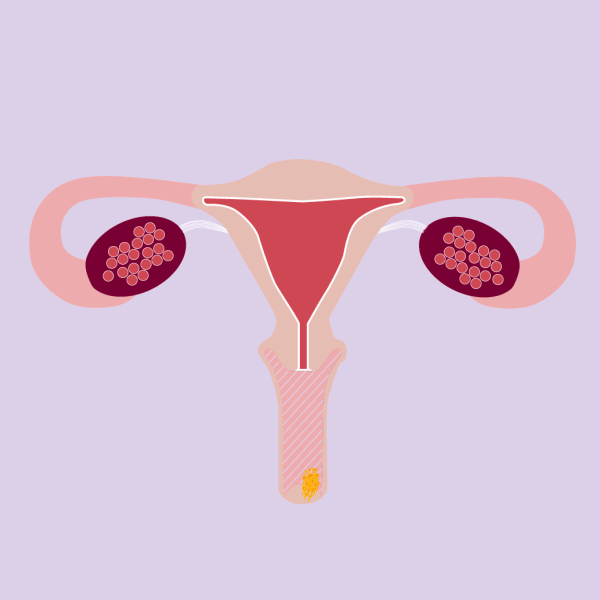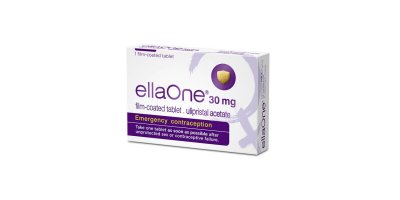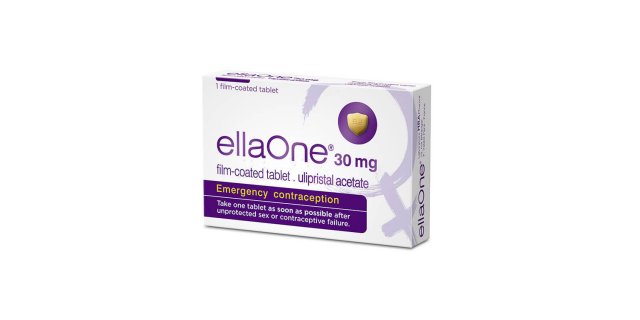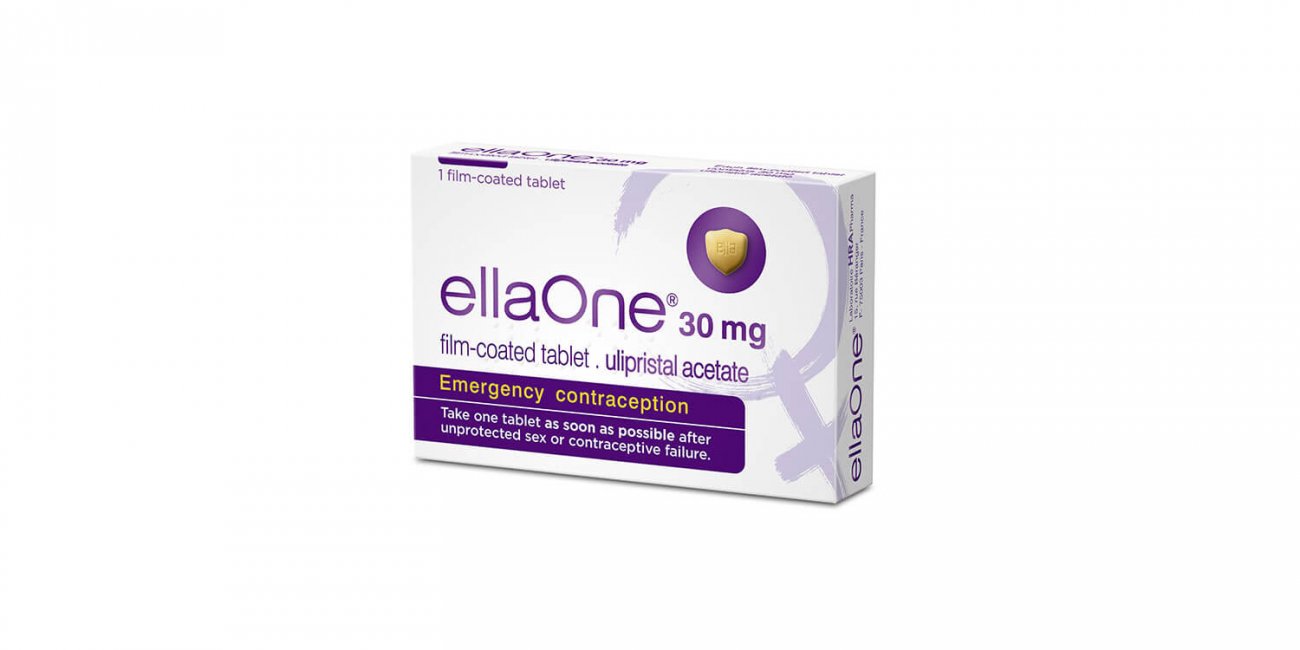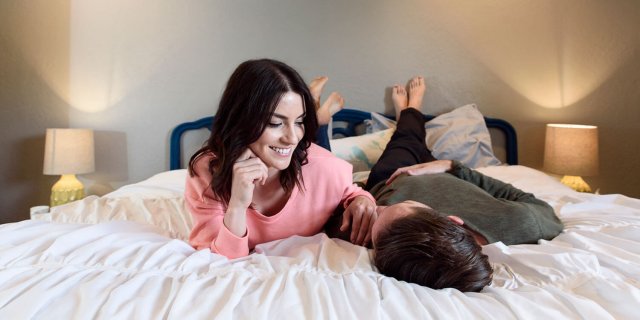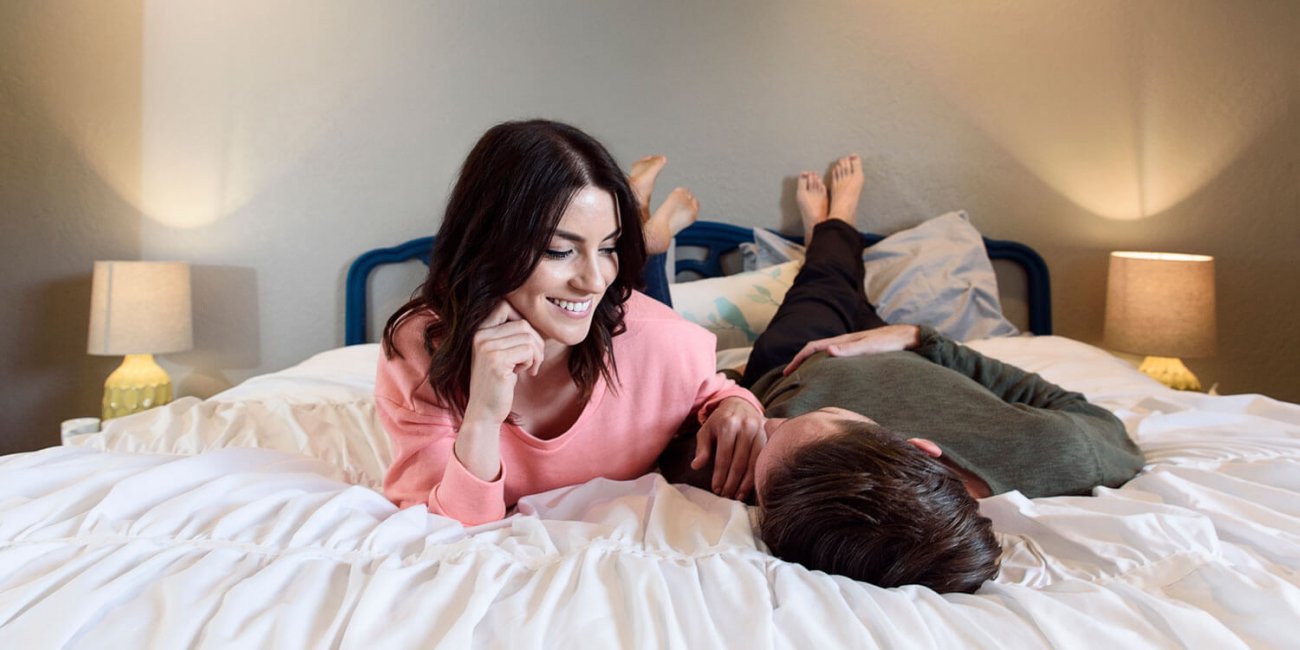ellaOne® morning after pill Questions
Got a question about ellaOne®? Wondering how the morning after pill really works? Heard something worrying about side effects and want to get an answer you can trust? You’re in the right place.
Some people can find the experience of taking emergency contraception nerve-wracking, and often that’s because they don’t have all of the facts. A lot of people were never taught about the morning after pill, meaning that there are lots of harmful myths and misunderstandings out there that can stop people from accessing emergency contraception.
At ellaOne®, we believe that by educating people about this type of contraception we can overcome the stigma and fear associated with it. That’s why we’ve put together a set of no-nonsense answers to your most frequently asked questions about ellaOne®.
Don’t see an answer to your question? You can #AskElla on social media by messaging the Facebook or Twitter page.
We hope that we’ve answered all your questions about ellaOne®, if you have a question that you can’t see answered here, try: All you need to know about ellaOne® or contact HRA Pharma directly.

